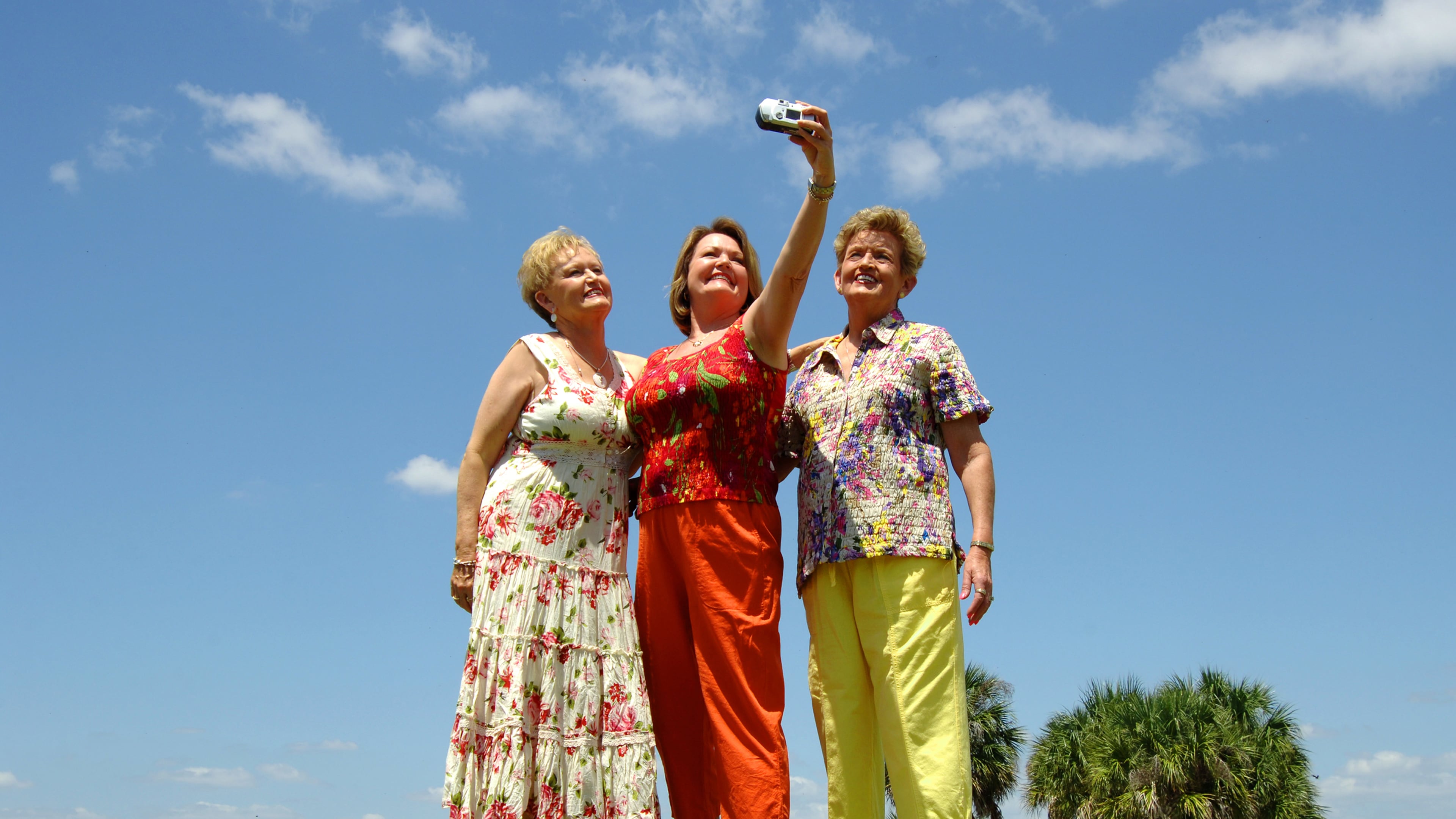Travel deliberately and return with a fresh perspective

Travel should change us, and whether it does or does not becomes our responsibility. Not only should experiences enrich our knowledge of the world and its cultures but also be a catalyst for healthy aging.
Don’t wait until the years while away to book the trip or schedule the tour, but allow travel to enhance your life as you age, shaping mindsets, capabilities and understanding.
Go with purpose, move slowly and deliberately, reaping the often-intangible rewards of travel. Regardless of location, engage deeply, producing a greater appreciation of the world and oneself.
Unlocks an accurate world view
Since childhood, world perceptions have been defined by storybooks and screens. Those first impressions, now triggered by an intense desire to know what lies beyond the imagination, prompt travel plans.
For Knoxville orthopedic surgeon Justin Kennon and his wife, Amanda, exploring the world alongside their two boys, ages 8 and 11, is a priority. Marking destinations off their bucket list is fun, but depositing the boys into an authentic world with firsthand experiences is an invaluable education.
“We do the best to instill in them a gratitude for these opportunities,” explains Amanda Kennon. By exposing them to different cultures and landscapes at an early age, they will become a more mindful traveler during their adult years.

Teaches respect for people, places and cultures
Years ago, I stood on the North Rim of the Grand Canyon and watched a group of young tourists toss soda bottles on the ground and walk away. After I picked up the trash, I realized travel is a privilege and belongs to those who respect it.
As overcrowding and its effects take over many popular landmarks, UNESCO, the United Nations Educational, Scientific and Cultural Organization, warns of its negative impacts, not only to the traveler’s experience but also to local communities. UNESCO encourages travelers to remain respectful, focusing on a sustainable experience.
To avoid crowds, choose a lesser-known destination. Be open to options, broadening your world perspective.
Generates a true narrative of history
Private First-Class Lloyd Carter moved from his Higgins Boat watery landing to the sand of Omaha Beach on June 6, 1945. Dodging gunfire, Carter ran, taking cover. He took gunfire to his arm and was later medevaced to England.
Every time I listened to his story, I teared up because he did. However, I didn’t understand the magnitude of his bravery and sacrifice until I stood on Omaha Beach in France and put Carter directly on that beach.
Standing on history’s foundation opens doors of understanding that otherwise would remain shut.
Stretches your comfort zone, releases inhibitions, and promotes healthy aging
The first and only time I harnessed up for a zip line experience, I left my comfort zone and inhibitions in the rear-view mirror. I can’t say I liked it, but I did it. The man in front of me, just shy of 80 years old, didn’t blink, and the shame I felt at that moment has remained my catalyst for trying new experiences.
In addition to removing self-doubts, according to the Transamerica Institute study “Leveraging Travel as a Catalyst for Healthy Aging,” travel plays a transformative role in healthy aging. Wandering supports physical, cognitive and social health, exposing people to new opportunities, all contributing to overall well-being.
Enhances the routine of daily life, developing gratitude for the ordinary
Even when the world was a smaller place, writer Charles Dickens understood the long-lasting effects of travel: “Every traveler has a home of his own, and he learns to appreciate it the more from his wandering.”
Extraordinary is good, but routine — home — has its dividends. Living out of a suitcase and doing laundry in a sink reminds me that my washing machine is mundane yet spectacular.
If the COVID pandemic taught us anything is that we are movable people, craving the physical and mental stimulation of movement. The benefits of intentional travel — education, relaxation, escape and personal growth — stay with us long after we’ve returned home and will remain until the next time we walk out the door.


